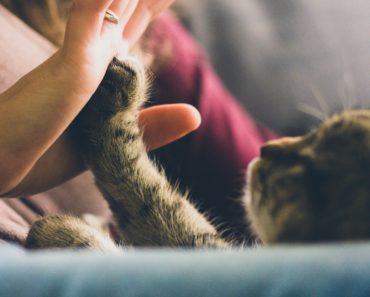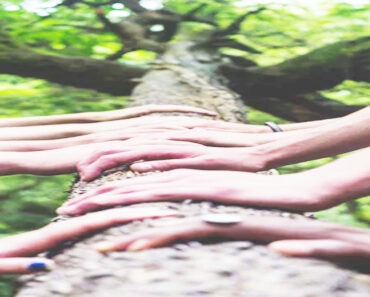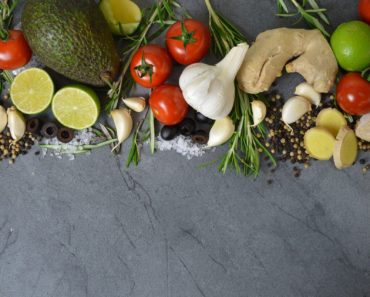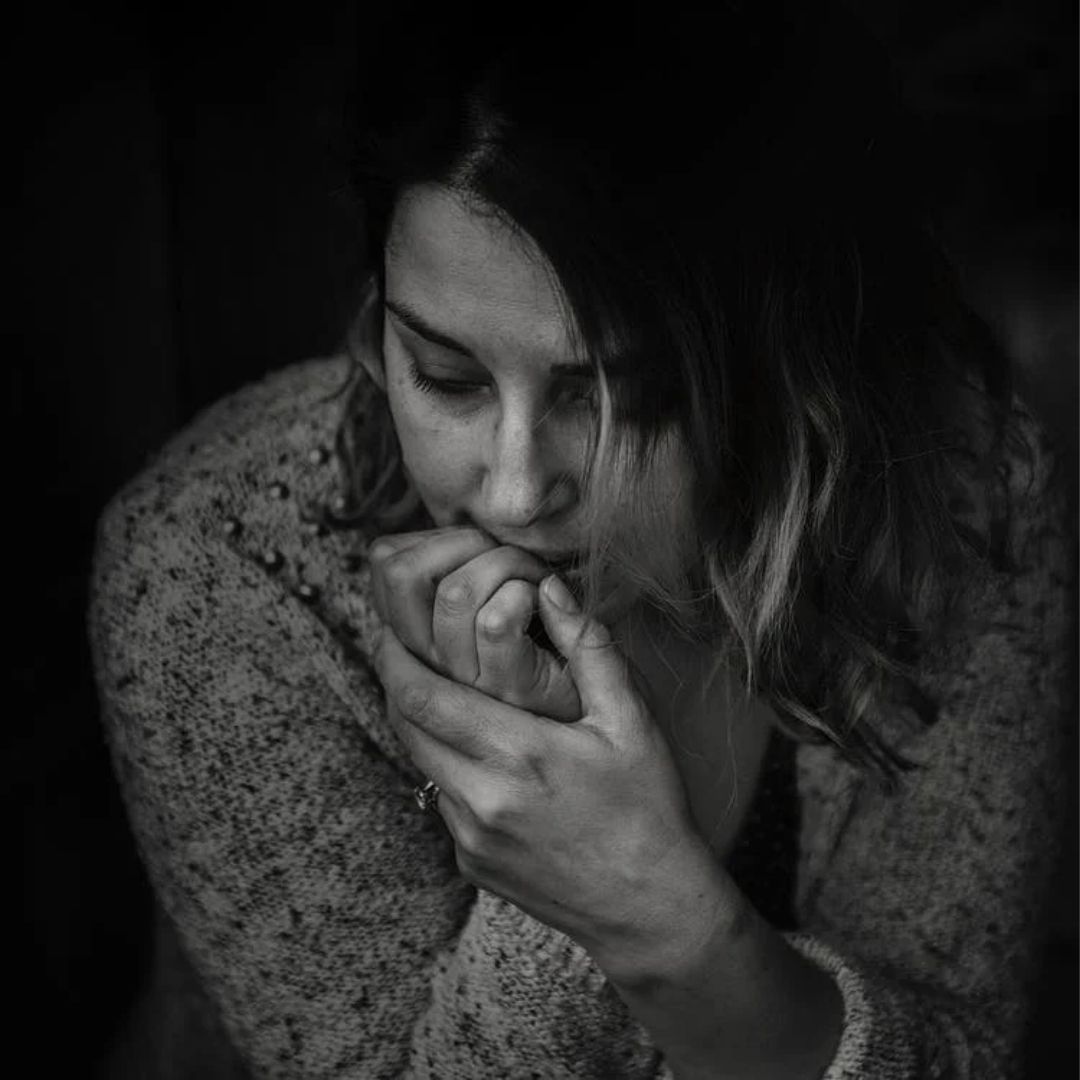
Biting Nail is a terrible habit. But also, it is said that people who bite their nails are knowledgeable. Many people used to sit biting their nails for hours and then become emotionally broken, but having beautiful long nails is always what people wanted. But due to nail-biting habits, many people never came to that level. Nail-biting has many harmful effects
1.Poor dental occlusion
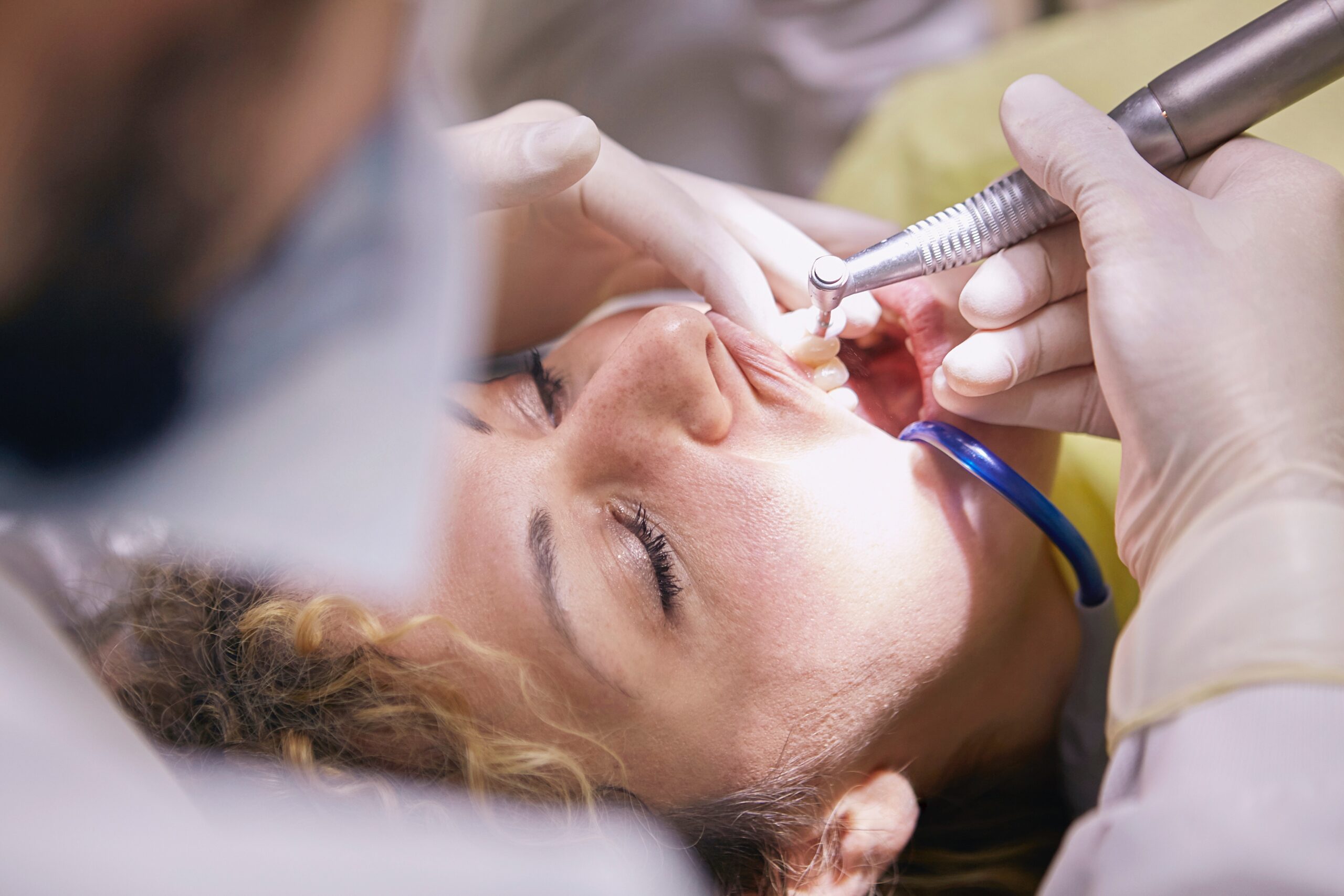
It causes dental issues (or poor dental occlusion). Your teeth will shift and become increasingly weak the longer you continue this habit. As a result, your dental bills will go up.
2.It allows for a more inferior quality of life
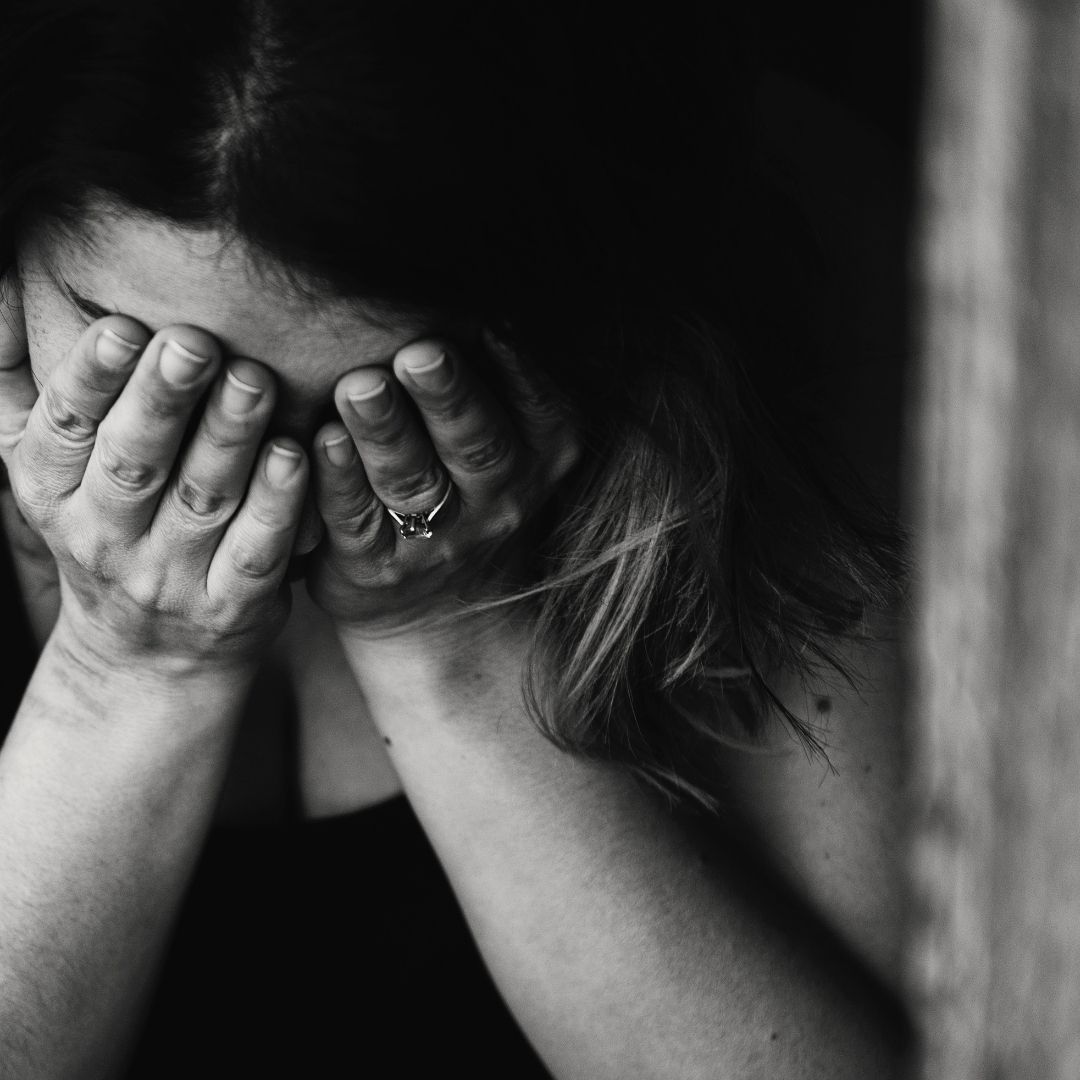
If you bite your nails, especially when you’re bored or you can’t help yourself, you may not notice until it’s too late that you have bitten them to the point of feeling pain. Your nails may sting or feel particularly tender for a couple of days. If you continue this habit, it will become a cycle of pain and relief as your nails begin to heal.
3.It allows for the transfer of potentially dangerous bacteria

This puts you at risk for developing different infections or diseases, including gastro-intestinal ones that cause diarrhea and abdominal pain.
4.It doesn’t just affect your nails
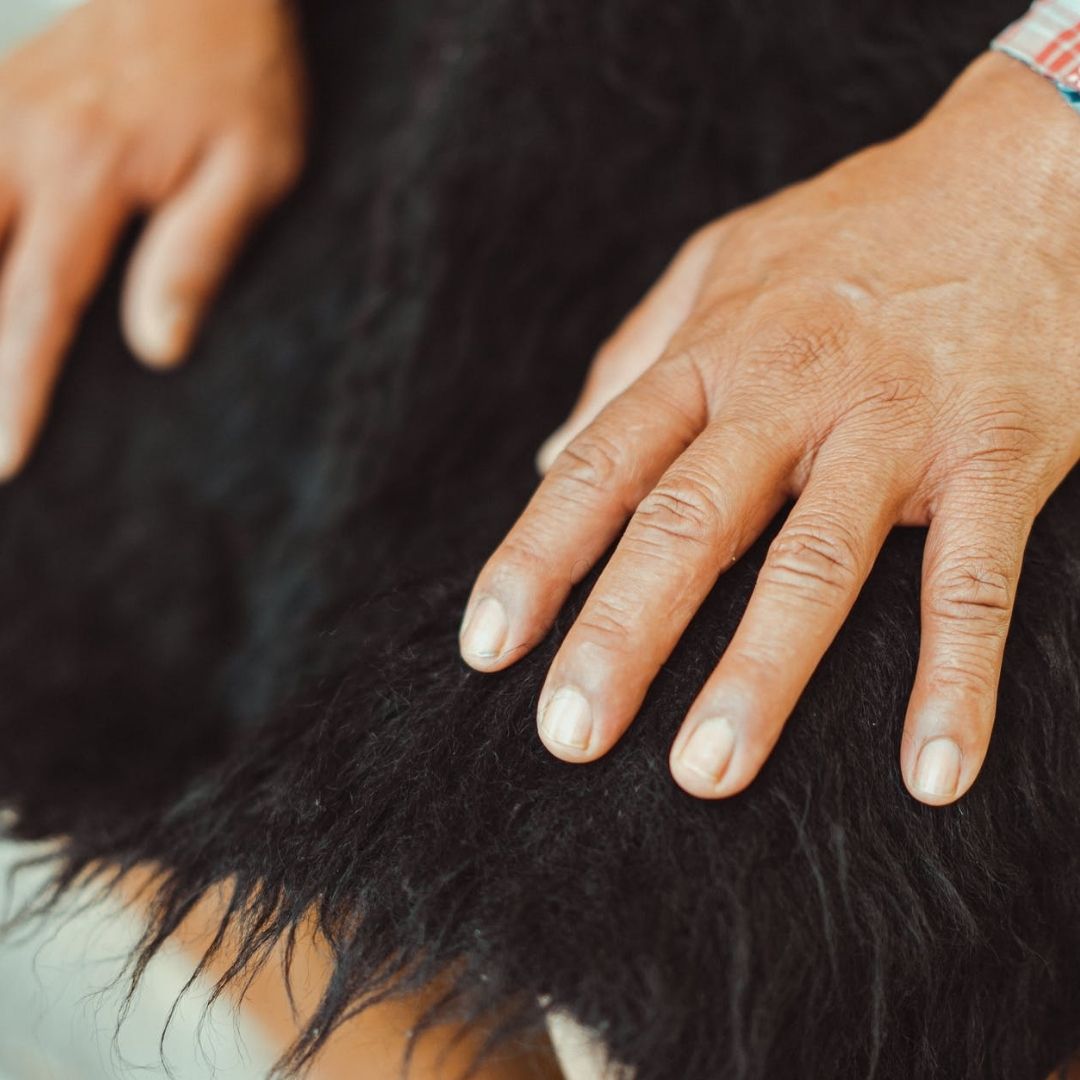
Those who get into the habit of biting their nails often chew on the skin around their claws, leaving the area tender with open cuts/abrasions. Because this can easily pick up even more bacteria or yeast, the buildup may eventually need surgical intervention.
5.Nail biters are responsive to paronychia, a skin disease that occurs around your nails
As you chew, your nails, bacteria, yeast, and other microorganisms can access through tiny tears or abrasions, leading to injury, redness, and pus around your Nail. This severe condition may have to be removed surgically.
6.People who chronically bite their nails report a significantly higher quality of life impairment than those who do not.
7.Nail biting can mean that you are anxious or depressed, and you need to know that Millions of us bite their nails every day, and half the time, they do it without even realizing it; Nail-biting begins in childhood and can continue through adulthood.
Below are some steps people need to follow to get rid of nail-biting;
Be mindful
The practice of just being present in the moment and noticing everything around you can increase your awareness of the habit.
Use your phone
When you feel like biting your nails or getting to know that you can no longer control it, call a friend, listen to music, browse videos, or get engaged in some work.
Make them taste bad
Make sure you apply nail lotion or cuticle oil to your Nail so whenever you put them inside your mouth unknowingly or knowingly, they instantly taste foul and you avoid putting them in your mouth again.
Think of your teeth
Biting your nails could be wreaking havoc on your teeth. Biting your nails can cause cavities, it can cause significant gum injury, biting your nails can leave you with cracked or chipped front teeth. Also, there’s an old saying that grinding your teeth can make them yellow. Your teeth are meant to chew food, not nails.
Think of your health
No matter how clean your nails look, you are exposing yourself to several unseeable pathogens that can lead to illness, such as the flu.
Some scientists also suggest that nail-biting may be caused by an ancient grooming behavior in the brain, left behind by evolution. This mechanism has gotten out of control and manifests itself in excessive nail-biting. The theory is supported by the fact that certain breeds of dogs and cats engage in similar behaviors. They are seen licking their forepaws to excess, removing their fur, and causing significant irritation and even skin damage.
Nail-biting can also be a learned behavior: a child sees a parent or other family member engaging in nail-biting and copying the movements, assuming that they are helpful.
Another theory about what initiates nail-biting is that the nail biter doesn’t have the right tools to trim the nails or handle irregularities as they arise. The person turns to his teeth for help. The nail biter repeats the action and, despite the often unsatisfactory results, the habit remains.


